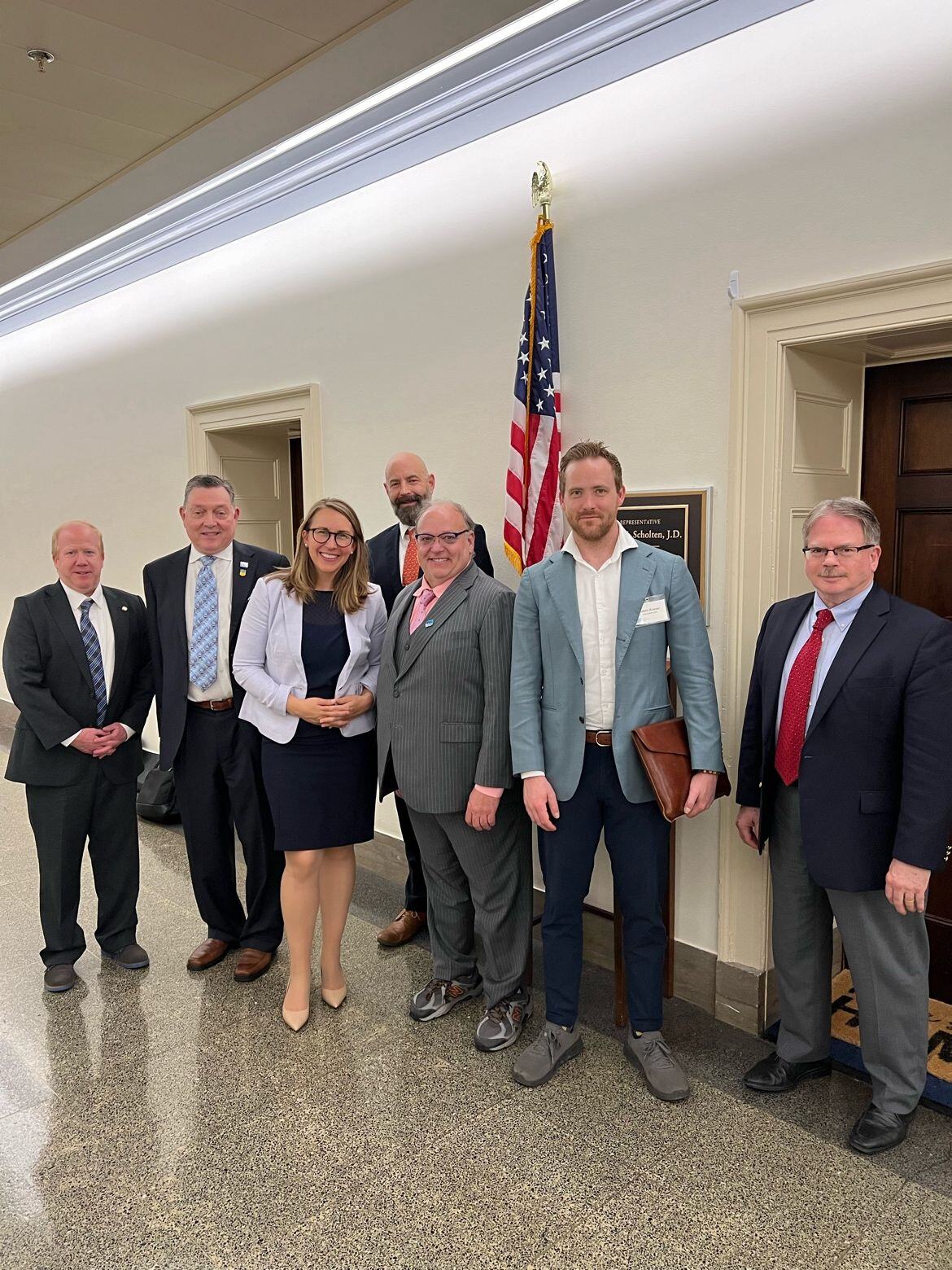|
Revised legislation that would restrict US organizations from contracting with some Chinese biotech providers has been passed by a House of Representatives committee.
First introduced in January, the original bipartisan BIOSECURE Act singled out various Chinese biotech companies, including genomics specialist BGI Group and its subsidiary companies MGI and Complete Genomics, as well as contract development and manufacturing organization WuXi Apptec, describing them as “foreign adversary biotech companies.” The wording of the BIOSECURE Act claims that China is seeking to dominate biotechnology as an industry of the future.
The House has backed an updated version of the bill that includes a later deadline of January 31, 2032, for US companies to cut their ties with companies cited in the legislation, which include WuXi AppTec, BGI Group, MGI/Complete Genomics, and now WuXi Biologics, which was added in the latest draft. It would prohibit the purchase of equipment or contracting of services from the companies.
According to BIO CEO John Crowley, the new BIOSECURE legislation “highlights a key vulnerability in our global supply chain and provides a reasonable timeframe for companies to decouple their reliance on China-based biomanufacturing. It ensures during this transition that important biomedical research will not be slowed and that patients will have unimpeded access to life-saving medicines.”
The context here is that the results from a BIO survey of 124 biopharma companies found that 79% have at least one contract or product with a China-based or China-owned CDMO/CMO, and they’ll need up to eight years to switch manufacturing partners.
Life sciences companies doing business with WuXi AppTec, BGI Group, MGI, or Complete Genomics (entities specifically named in the legislation) as well as other potential biotechnology companies of concern (e.g., companies with ties to the governments of China, Russia, North Korea, or Iran), will want to monitor the developments of this legislation and assess in advance how to mitigate its potential effects.
Stay tuned…depending on the legislation’s final form and implementation, a range of companies could be forced to choose between forgoing relationships with biotechnology companies of concern or forgoing relationships with the federal government.
|




 MichBio welcomes
MichBio welcomes
 Mich
Mich




